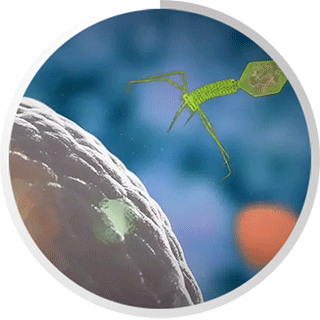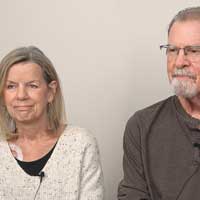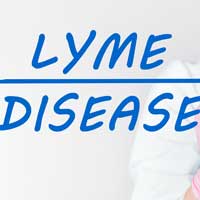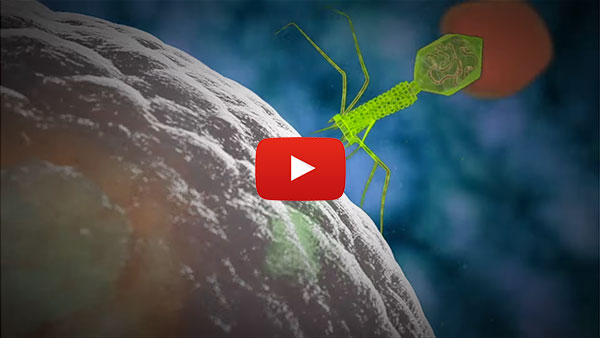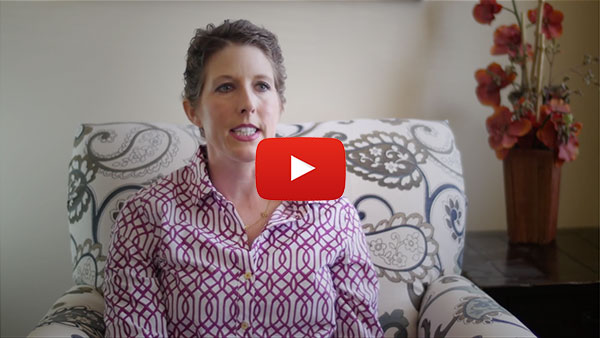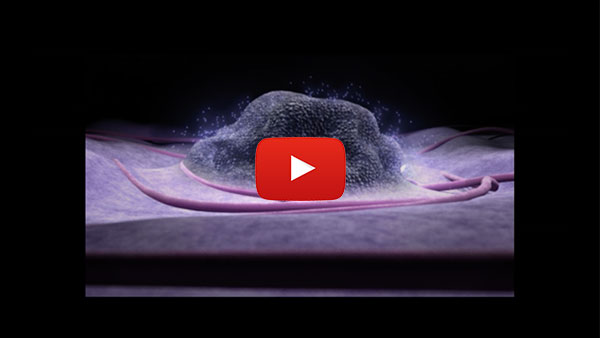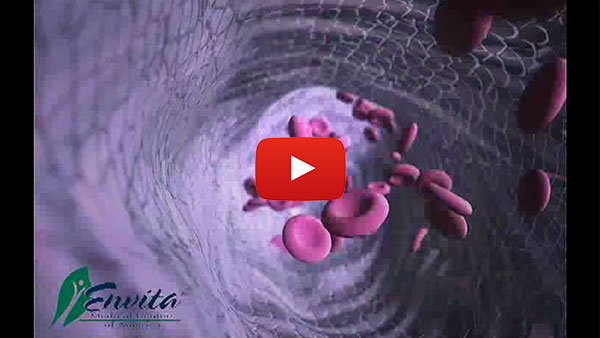Raising the Bar on Cancer Treatment
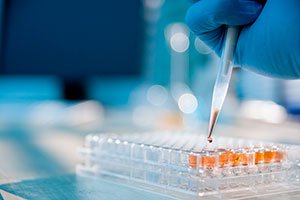
Imagine yourself on chemotherapy and your drugs at first seem to be helping you win your fight against cancer – but you're also incredibly weak, your immunity is shot and now, your cancer is growing resistant. As terrifying as this scenario may seem, it's not uncommon – so what do you do?
Surgery? Surgery is more typically an option for early stage cancers when tumors are localized. Radiation? Radiation is used in many later stage cancers to offer palliative care, but with unfortunate side effects such as extreme weakness and fatigue. So again, what can you do? We will show you how to really raise the bar in cancer treatment.
After over a decade of working closely with patients, we've found a cancer treatment protocol that does something much different from conventional chemotherapy regimens alone. In this article, we'll explore the ways patients have raised the bar in their cancer treatment both in the quality of life, the length of life and remission. After all, when it comes to cancer and chemotherapy, the treatment you select becomes the bottom line. However most people are limited in their knowledge of cancer treatment and simply rely on the “institutions” to help them navigate. We cover some of the quick and important details to help you get a much better understanding of how to raise the bar when it comes to you cancer treatment.
Until recently, cancers have been described in terms of tissue location (breast, colon, prostate, etc.) and in terms of biochemical and physiological changes as the disease progresses. Population groups having similar cancers by tissue type have been tested to help select the best chemotherapy regimen via clinical trials. However, the identification of personalized genetic targeted treatments for each person can make responders improve, non-responders start to respond and negative responders start to respond positively in this new metabolic therapeutic approach.
In short, this more detailed approach using your genetics and various cancer cells genetic factors makes all the difference. Yet, this approach is not yet the standard provided by most institutions and is more often than not completely ignored. With the advent of the Affordable Healthcare Act, cost reduction will continue being the main goal in cancer treatment and it's only about to get much worse for patients. Let's break it down.
Genetic Testing
As medical technology expands in all directions, it's becoming vital to utilize genetics and molecular targeting and identify the best form of treatments for each patient as part of the diagnosis. In addition, the use of epigenetics helps unravel the pedigree of the tumor or tumor causes and growth factors involved, including resistances. We now know that location really does not matter as much as the type of cancer itself, the genetics within the cancer cells, the patient's genetics and the environmental factors that alter genetics and bring about cancer. However, the old method is still practiced by most established and bigger cancer centers.
Genetically Targeted Fractionated Chemotherapy, an advanced form of treatment, works by going after the cancer directly, in doses that are specifically designed for the cancer type via molecular targeting, significantly reducing the side effects while aiming to better target the cancer cells.
For truly effective treatment, there need to be multiple mechanisms of attack, not just one or two. Depending on the situation, many natural medicines can biochemically encourage healing within the patient to really get momentum. This isn't saying to chew some ginseng root and go home – no, all these treatments are peer-reviewed and rely heavily on scientific data, biochemical pathways paired with the patient's genetic cancer information, genetic makeup and epigenetic environmental causatives that produce cancers in patients. By using micro-dosing and molecular targeting, GTFC™ can help penetrate cancer cells and incorporates better targeting.
High Dosing Versus Micro Dosing
Someone once said a poison is merely a matter of the dose. Indeed, life-giving substances such as water or salt can be very harmful if there is too much of it. The same goes for chemotherapy drugs and that is why Genetically Targeted Fractionated Chemotherapy is weighed based on the needs of the patient and the severity of the tumor growth, mechanisms of metastasis (spread) and dedicated by specific genetic testing.
Often, we use much less than conventional treatment would because too much can destroy the patient's health and singular higher doses usually allow for only one-to-two mechanisms of tumor kill. And if that doesn't work, patients are left in the dust. If the cancer returns or grows stronger, then the patient's immune system is too crippled to fight back, especially with typical chemotherapy doses. But smaller, more molecularly and genetically targeted doses typically suit patients very well. Micro-dosing is the key of including more mechanisms of tumor killing as well as an array of treatments that work on multiple mechanism of action. This is very different from the large doses that aim to give “one-hit wonder” regimes that typically don't work very well for late stage and complex cancers. In fact, this often quickly lands many patients in hospice along with incorrectly over-treating the patient, making the side effects worse than the disease.
The best combination of Genetically Targeted Fractionated Chemotherapy is found by looking at the patient as a whole. GTFC™ is not treating just cancer, but aiming to treat an entire person, so we examine the epigenetic factors list, including nutritional profiles, infections from parasites, bacteria, fungus and viruses and look at chemical toxins, heavy metal poisoning and metabolic growth factors.
These are the causative factors that go completely ignored by conventional oncology, the actual dangerous carcinogenic substances that brought on the cancer by altering the genetics in the first place. An individual's genetic make-up and exposure to these carcinogens brings about these genetic shifts that cause cancer. This is what is called epigenetics in cancer, the study of how these substances impact the cause and this is at the heart of the GTFC™ cancer treatment.
GTFC™ Excels In Immunotherapy and Tested IV Nutrition
The immune system is the first line of defense against cancer, but it's more often than not ignored in the conventional medical world. The typical side effects of surgery, radiation therapy and chemotherapy can devastate an immune system, but we use immunotherapy to rebuild the system, helping patients fight back the best way they know how. In fact, the way the body naturally fights precancerous cells every day is by using immunity.
Only 2 to 3 percent of patients even use immunotherapy or have access to the technology. If immunotherapy is offered at all, it's usually part of a last ditch effort in an isolated clinical trial. It's not just about strengthening immunity; it's also about targeting immunity to the cancer. During the development of cancer and the administration of carcinogens the immune system's signaling, the number of active immune cells and immunity recognition of the cancer become completely disrupted. This response is why rebalancing is necessary and targeting is much more effective for long-term positive cancer treatment outcomes. GTFC™ is set apart in its ability to harness immunity as a central focus to cancer treatment. It is estimated that involving immunotherapy correctly at the right moments in cancer treatment can exponentially improve responses for patients.
This includes a targeted IV nutrition program that is customized based on the patients' needs. The sooner these and our other nutritional mechanisms are used, the sooner the patient can be restored to optimal health. How those nutritional needs are determined is based on the body's deficiencies, immune system deficiencies, and nutritional genomic measures that are needed for proper immune responses. GTFC™ also increases the body's ability to carry more oxygen, which metabolically shifts the body to a healthier more alkaline state. This area of nutritional and immuno-genomics and cancer treatment is a critical path forward in the future of cancer treatment.
How Chemotherapy Drugs Are Chosen in the Conventional Model
You may already know that the pharmaceutical drug model in the United States is fairly corrupted. Drugs are pushed by lobbyists and manufacturing companies with the goal of giving everyone the same thing for the same types of cancers regardless of overall effectiveness. When one chemo regimen fails or replaces another, there is often little difference between the drugs and the entire treatment process.
Why? Because the new chemotherapy drugs only have to beat the placebo, not the current chemotherapy drugs or regimen protocols on the market.
Fortunately, this is becoming a moot point with the exciting advent of molecular targeting, genomics and immunotherapy, making GTFC™ a much more integrative and dynamic way to treat cancer. That, in our opinion, is really raising the bar on cancer treatment from a “one hit wonder” method based on other people's data to a powerful multifaceted metabolic approach that involves personalized genetics on every front and is created based on your body and your cancer, your individualism. If one thing is true in cancer it's that everyone responds differently to treatment – that is the strength of GTFC™. Proper testing and the correct treatment plan takes a lot guessing out of the way and it introduces targeted, directed and a more gentle form of care, raising the bar across every category for cancer patients.
If you have any questions about how our Genetically Targeted Fractionated Chemotherapy can help you, contact us today.

